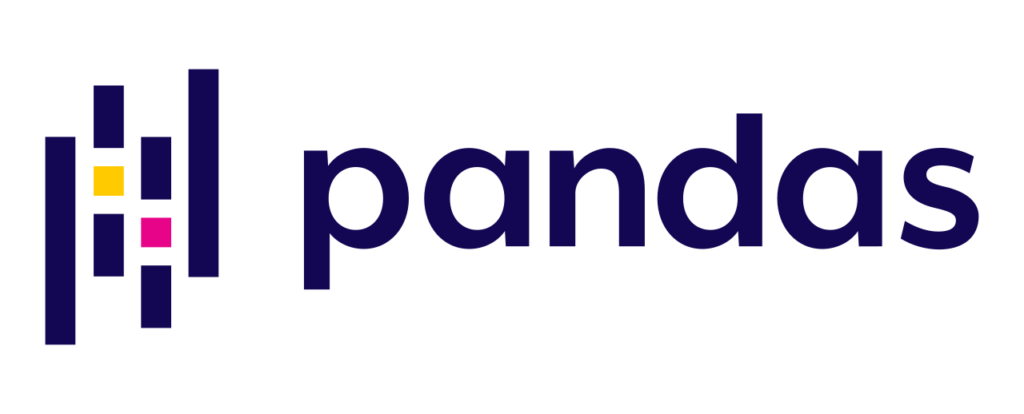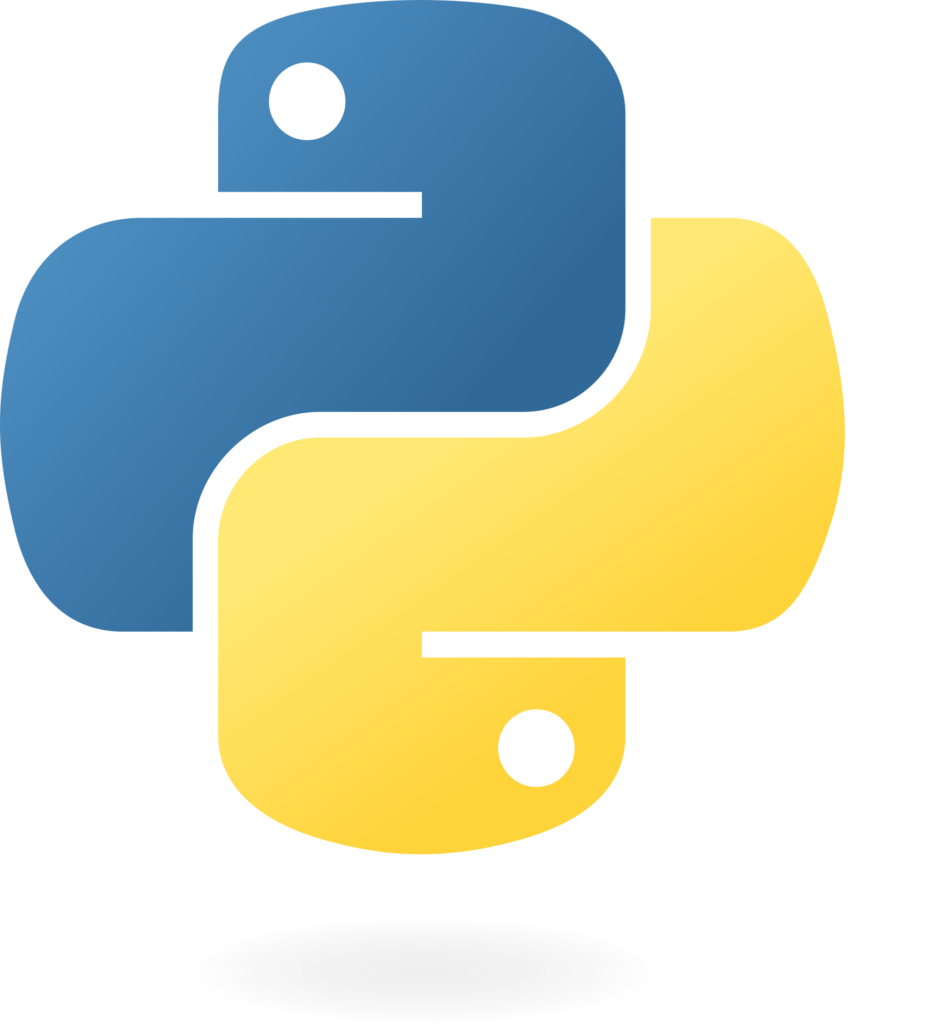


In software development, particularly within the domains of computer science in education and business, the gap between innovation and production often widens due to mismanaged runtime environments. During the research and experimentation phases, the runtime environment is constantly changing and adapting to the needs of the project. However, when transitioning the project to production, the opposite is needed: fixed runtime conditions that guarantee stable execution of the project. Here, the importance of robust packaging and environment management becomes paramount. Quansight, with our deep-rooted expertise in open source technologies, particularly in Python and conda ecosystems, can bridge this gap, ensuring seamless code delivery from development to deployment.
Packaging is not merely about bundling code; it’s about preparing software libraries and applications for distribution, ensuring they can be installed, updated, and used effortlessly across various environments. Understanding the nuances of packaging is crucial for:
Imagine a financial analytics company stuck with an outdated version of a Python statistical package encumbered by numerous dependencies, facing the daunting task of updating without disrupting their current operations. Here, Quansight could step in with a strategic approach to dependency management and utilize conda environments to encapsulate both the legacy and the updated versions of the package, enabling side-by-side testing without immediate commitment. Following this, Quansight would craft a migration script designed to transition references to the new version seamlessly, streamline the update procedure, and incorporate rollback mechanisms to address any unforeseen issues, thereby simplifying the maintenance and update process significantly.
conda-pack or Docker to forge a universally reproducible environment. They could start by annotating the runtime conditions in environment files and generating the respective lockfiles that meticulously detail all required packages and their specific versions. This file can be distributed among team members, allowing each to replicate the exact setup effortlessly. Additionally, to tackle the challenge of data consistency, Quansight would introduce a data versioning control system that integrates with Git to manage data versions in parallel with code. This ensures that any update to the dataset by one scientist can be precisely replicated by others, thereby maintaining uniform data integrity and project coherence across all locations. “Point72 and Cubist are committed to open source and to sponsoring organizations such as PyData and the Python Software Foundation. We are excited about the opportunities our partnership with Quansight may provide to solve packaging problems strategically and sustainably both for our own research teams and for conda-forge users generally.”
Quansight stands out due to our direct involvement in shaping the tools and standards of the Python and conda communities:

More than just a package manager, conda offers comprehensive environment management, allowing for language-agnostic dependency resolution. We employ members with commit rights as well as members in the Steering Council of the conda community.

As core contributors, Quansight team members enhance this community-led effort, which provides recipes and infrastructure for conda packages, ensuring high-quality, community-vetted software.

This resource, born out of Quansight's efforts, collects and discusses Python packaging's unique challenges, offering insights and best practices.

Utilizing the Meson build system, Quansight has transformed how key Python packages like Numpy and Scipy are built, improving performance and compatibility.

Quansight's involvement in maintaining critical packages and contributing to PEPs ensures they are at the forefront of Python packaging evolution.

An innovative open source tool from Quansight for managing data science environments collaboratively, enhancing reproducibility and teamwork.
Proactive reproducibility in software development isn’t a luxury but a necessity. Rapid updates can break existing setups or cause them to drift. Quansight’s strategies ensure backward compatibility and smooth transitions. Our approach integrates reproducibility from the outset, tackling several core challenges head-on. For environment diversity, Quansight crafts solutions that function uniformly across a spectrum of setups, whether on a developer’s local machine or within expansive cloud infrastructures. We also navigate the tightrope of IT constraints, harmonizing the stringent controls of IT departments with the necessary flexibility for effective software development. Lastly, in managing workflow complexity, Quansight designs workflows with built-in mechanisms for reproducibility, ensuring that from data processing to final output, every step can be replicated with precision.
Challenge
Quansight’s Approach
Challenge
Quansight’s Approach
Challenge
Quansight’s Approach
Challenge
Quansight’s Approach
By addressing these challenges with strategic, technology-driven solutions, Quansight not only mitigates the immediate issues but also sets up a framework for sustainable development practices that can adapt to future changes in technology and business requirements.
For computer science leaders, partnering with Quansight isn’t just about solving immediate packaging and environment management issues; it’s about adopting a proactive, expert-driven approach toward software development. By leveraging Quansight’s deep involvement in open source communities and our commitment to reproducibility, organizations can ensure that their software not only meets today’s needs but is also future-proofed against the rapid evolution of technology. This partnership facilitates not just code delivery but the delivery of reliable, scalable, and innovative solutions.
If you’re looking to streamline your development process, eliminate the pains of packaging, or ensure your environments are perfectly reproducible, we invite you to explore our Packaging & Environment Management solutions. Visit our dedicated page on our website to discover how we can help you package, distribute, and implement your code with unparalleled ease.